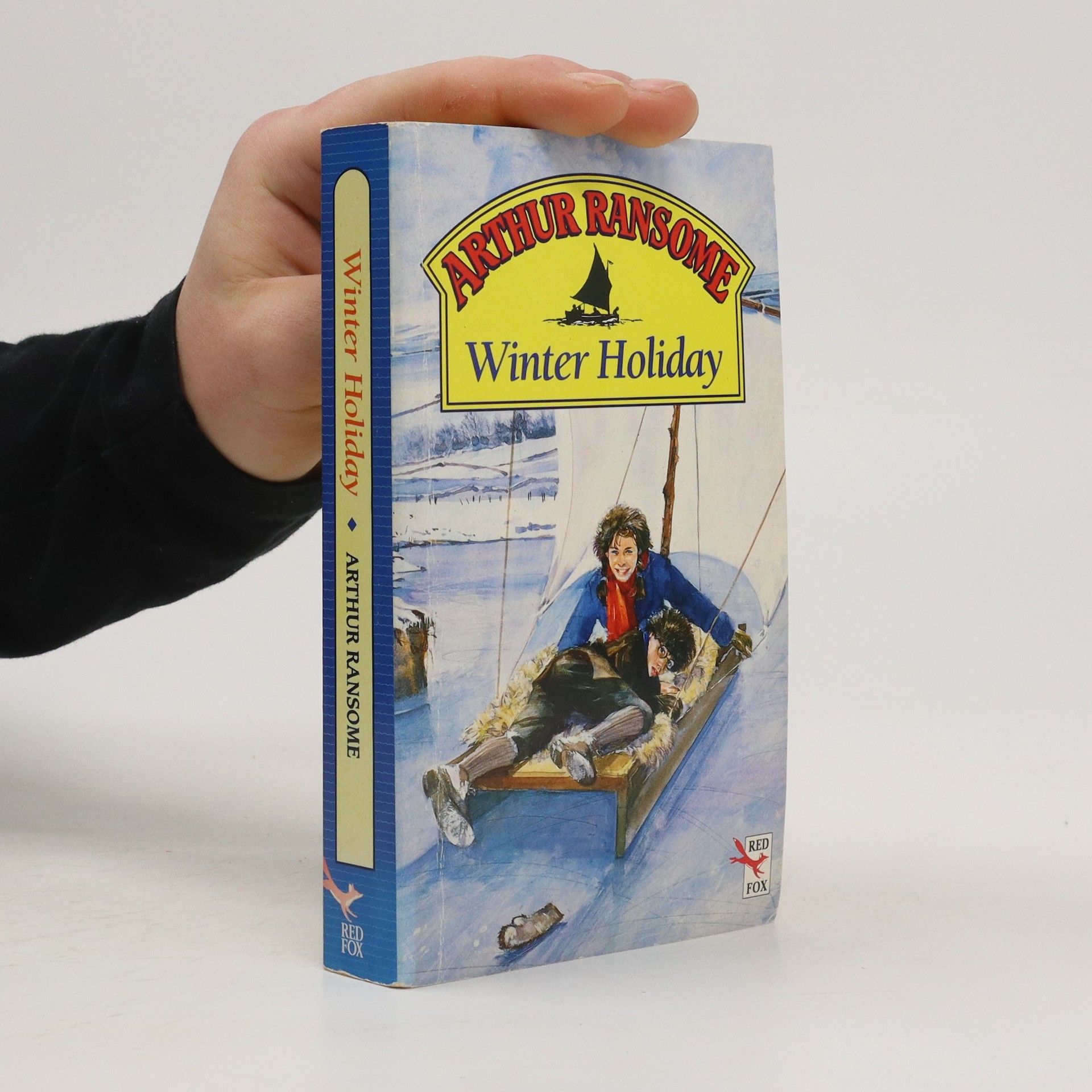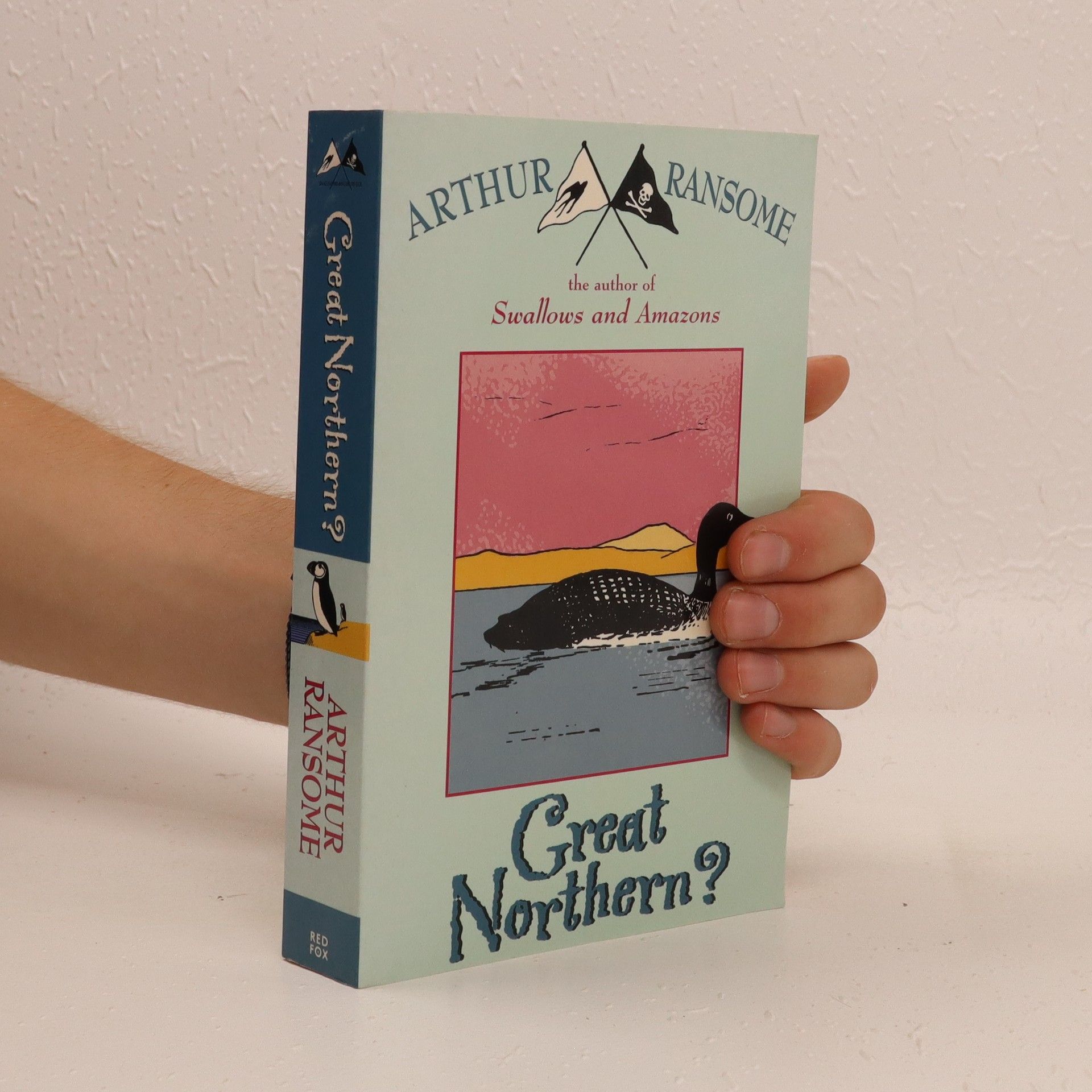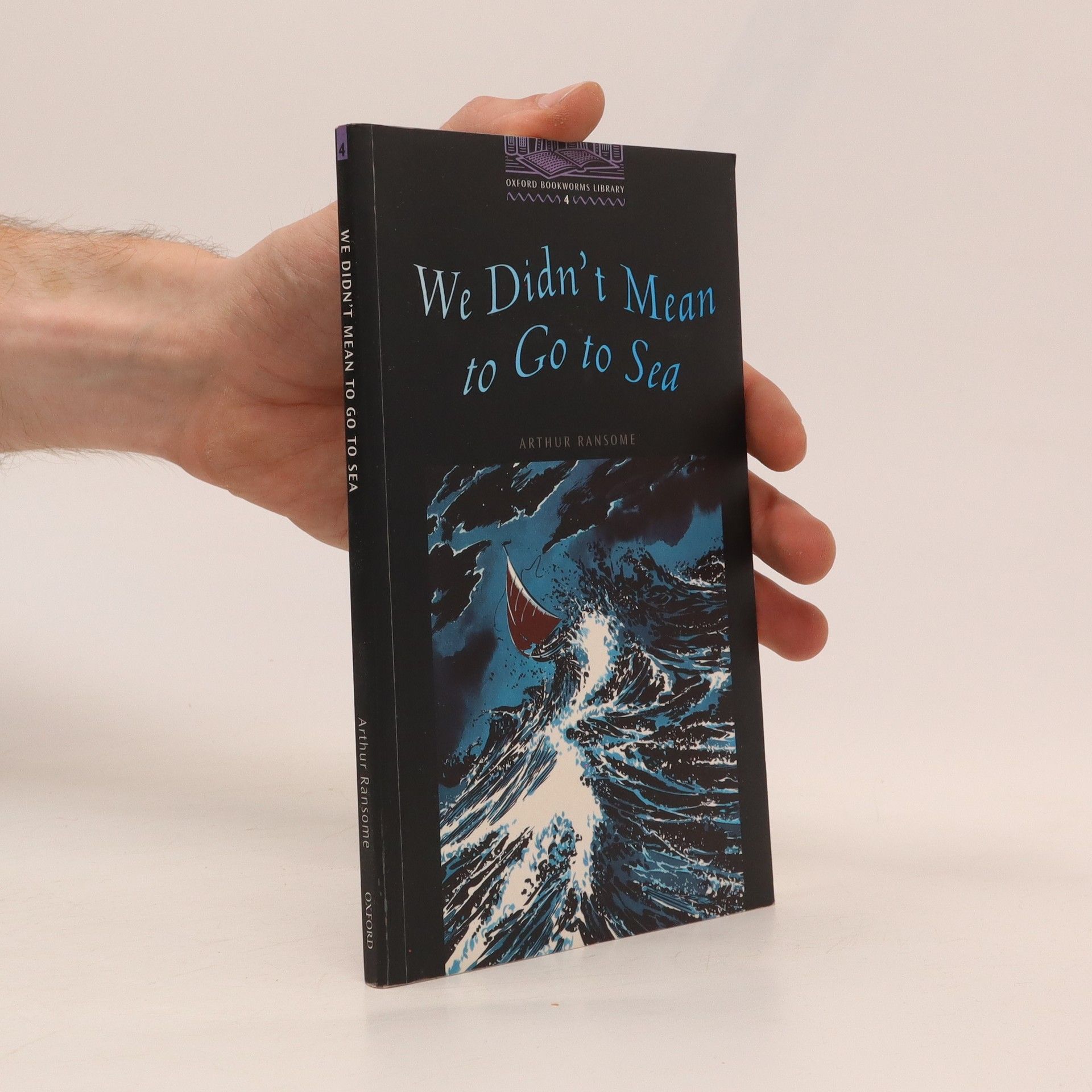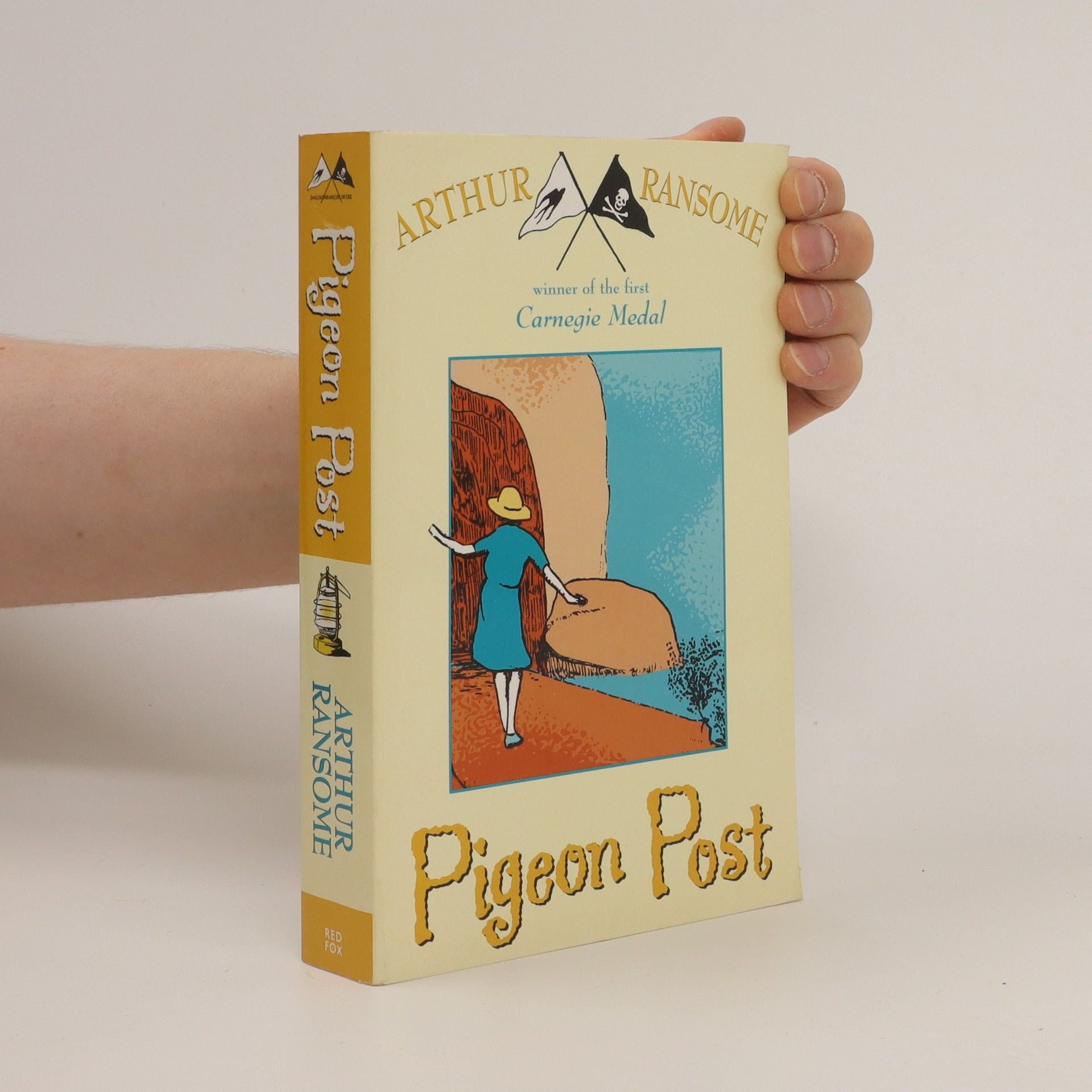Pigeon Post
- 384 pages
- 14 hours of reading
A group of children spend their summer holidays on a goldmining adventure.
Arthur Ransome is celebrated for his captivating adventure novels, particularly the beloved series that follows the escapades of children on the water. His writing masterfully blends realistic details of sailing and outdoor life with imaginative storytelling. Through vivid depictions of youthful independence and resourcefulness, Ransome invites readers into worlds where nature inspires exploration and enduring friendships are forged.







A group of children spend their summer holidays on a goldmining adventure.
'Ahoy! Ahoy! Swallows! Ahoy!' Have you ever sailed in a boat or built a camp? Have you caught trout and cooked it yourself? The four Swallows, John, Susan, Titty and Roger return to the lake full of such plans and they can't wait to meet up with Nancy and Peggy, the Amazon Pirates.
The four Walker children never meant to go to sea. They had promised their mother to stay safely in the harbour, and to be home on Friday in time for tea. But there they are in someone else's boat, drifting out to sea in a thick fog. And, then comes the wind and the storm, driving them out even further across the cold North Sea.
Another saga of the Swallows and Amazons. A happy holiday planned by the children is spoiled by the arrival of the Great Aunt.
Tells of the adventures of two sets of children as they holiday in the Lake District.
Nothing except a polar expedition full of mountain rescues, blizzards, igloos, ice saling, illness and heroic work amidst the fozen wastes. For Dick and Dorothea newcomers to the lake, meeting up with the Swallows and Amazons prove to be adventure.
The Swallows and Amazons are sailing with Nancy and Peggy's Uncle Jim (better known as Captain Flint) when their hired deckhand tells them a tale of his younger days - a tale to set pulses racing and hopes shooting sky high. Soon their boat is on its way to a Caribbean treasure hunt and they find themselves up against shark, storm, earthquake - and the vilest pirate who ever eavesdropped at a porthole.
The Swallows are marooned with just a little sailing boat for company. Will they survive their chance to become true explorers? When the Walker family's holiday plans are ruined by Daddy having to work, the whole summer seems lost at sea. But a dull holiday for the children is too miserable to bear so their parents hatch a plan. The Swallows are to be marooned on an island with only a blank map and a little sailing dinghy. Their task? To explore and chart the area, avoid the endless mud and survive. And what do they discover? Well, they might not be as alone as they first thought.
Abridged versions of Coot Club and The Big Six.